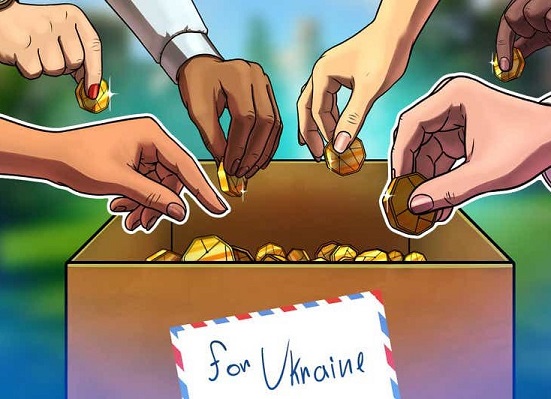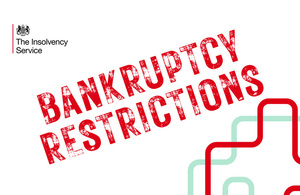Cybercrime: Beware of Ukraine donation scams

It is hard not to be affected by the horrific scenes of war from Ukraine that appear daily on our screens. We can only empathise with the innocent people caught in the crossfire.
Most of us feel helpless, but want to help anyway we can. Consequently, there has been a global outpouring of cash and crypto donations from kind and generous people wanting to play their part.
But chaos and instability prove to be ideal conditions for scammers and conmen. Victims are much easier to rip-off when they are:
- Naïve or ill-informed
- Feeling sad or vulnerable
- Ready to part with their cash for a worthy or deserving cause
Scammers take advantage online
According to reports, there have been an avalanche of online swindles taking advantage of the dire situation in Ukraine to develop donation scams. They include:
- Fake charity websites hosted on freshly-registered domain names
- Phishing campaigns that probe for potential donors’ personal and private information
Internet security firm Cyren recently conducted research into cryptocurrency scammers and their operations. They discovered that everyday scammers send over 100,000 fraudulent emails encouraging people to donate into Bitcoin and Ethereum wallets.
Many of these emails include a call-to-action or some other internet marketing strategy. The most effective will appeal directly to the reader’s emotions in the subject line. For example, “Help Ukraine war victims” or “Help Ukraine stop the war! – humanitarian fund raising“.
Ukraine crypto donation scam
Lazy cybercriminals use Gmail addresses, but scammers who want to look legitimate duplicate email addresses with Ukraine-related domain names. You should try to remember this as it’s a huge red flag.
Even more audaciously, some fraudulent emails trick people into donating by leading them to spoof websites disguised as genuine charities.
Ironically, the catalyst that encouraged these fraudsters was probably inspired by an innocent social media post. While requesting cryptocurrency donations on Twitter, the Ukraine government unintentionally revealed its Bitcoin and Ethereum addresses.
Use official organisations and donation links if you want to help the people affected by the ongoing crisis in Ukraine. To avoid the Ukraine donation scam, never donate money to a cryptocurrency wallet or website address sent via an unsolicited email.
What Is a Bankruptcy Restrictions Order (BRO)?
When you declare bankruptcy, you enter a 12-month period as an “active bankrupt,” during which you must adhere to a set of restrictions. If you…
Read MoreKingsway Square Limited (In Administration)
Did you purchase an off-plan property with Kingsway Square Limited (In Administration) which has not been developed – would you like your deposit returned? Are…
Read MoreGibraltar Financial Services Commission (GFSC) – Did they fail Loan Note Holders?
As a loan note holder, you may have placed your trust in regulatory bodies such as the Gibraltar Financial Services Commission (GFSC) to safeguard your…
Read MoreGibraltar Financial Services Commission (GFSC) – 100% Asleep at the Regulatory Wheel
Faith in Regulations Insolvency & Law (I&L) recently received confirmation from the Gibraltar Financial Services Commission (GFSC) that Castle Trust and Management Services Limited (CTMS)…
Read More


